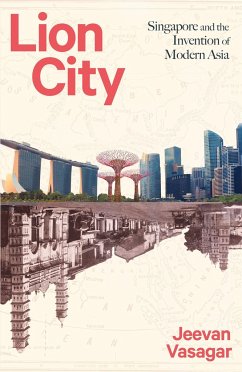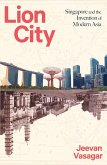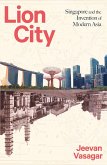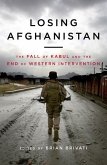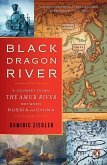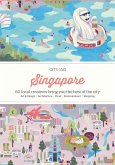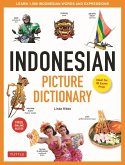Before the Second World War, Singapore was richer than any Asian metropolis except for Tokyo, and by far the most ethnically diverse. But in 1965, it had independence forced upon it in a sudden rupture with newly formed Malaysia and found itself facing catastrophe. It took the bloody-minded determination and vision of Lee Kuan Yew, its founding premier, to take a small island of diverse ethnic groups with a broken economy and meld it into Asia's first globalised city. Lion City tells this extraordinary story, in doing so examining the different faces of Singaporean life - from food to culture to art and politics - and describing how the different ethnic groups of Singapore were forged by Lee into a distinctive Singaporean identity. It also reveals the way that its combination of economic freedom, clean government and political authoritarianism has been studied as a model around world, but particularly in Asia, and how it compares it in particular to Hong Kong, at a time when fate of the latter hangs in the balance. The book also looks at Singapore's - and east Asia's - future. Today, as Hong Kong struggles to resist assimilation into China, Singapore's value as a neutral base for business is rising again. Its strategic location between China and India is also more significant than ever at a time when these two economies are growing rapidly in importance. Although Singapore remains one of the most Westernized societies in Asia, with strong political, military and economic links to the US in particular, this is beginning to shift as China's influence in the region grows. Finally, as birth rates plummet to far below replacement levels, the book examines the demographic challenge faced by the city.
Hinweis: Dieser Artikel kann nur an eine deutsche Lieferadresse ausgeliefert werden.
Hinweis: Dieser Artikel kann nur an eine deutsche Lieferadresse ausgeliefert werden.

